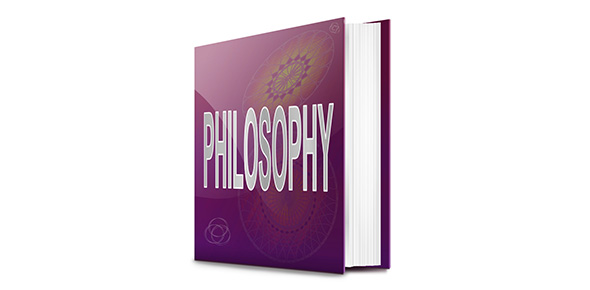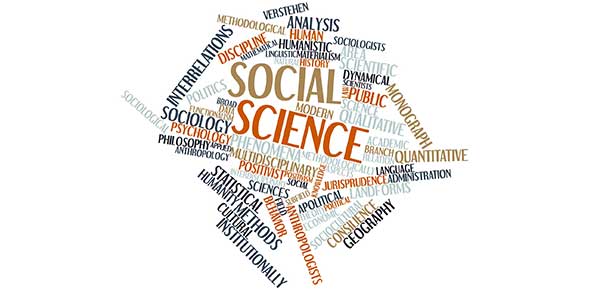Related Flashcards
Related Topics
Cards In This Set
| Front | Back |
|
Macrosociology
|
Analysis of social life that focuses on broad features of society, such as social class and the relationships of groups to one another; usually by functionalist.
|
|
Microsociology
|
Analysis of social life that focuses on social interaction; typically used by symbolic interactionist
|
|
Social class
|
According to Weber, a large group of people who rank close to one another in property power; and prestige; according to Marx, one of two groups; capitalist who own the means of production or workers who sell their labor
|
|
Status
|
The position that someone occupies in a social group
|
|
Ascribed status
|
A position an individual either inherits at birth or receives involuntarily later in life
|
|
Achieved status
|
A position that is earned, accomplished, or involves at least some effort or activity on the individual's part
|
|
Status symbols
|
Items used to identify a status
|
|
Master status
|
A status that cuts across the other statuses that an individual occupies
|
|
Status inconsistency
|
Ranking high on some dimensions of social class and low on others, also called status descrepancy
|
|
Role
|
The behaviors, obligations, and privilages attatched to a status
|
|
Groups
|
People who have something in common and who believe that what they have in common is significant; also called a social group.
|
|
Social structure
|
Refers to the typical patterns of a group, such as its usual relationships between men and women or students and teachers
|
|
Social significance of social structure
|
Is that it guides our behavior
The diff in behavior and attitudes are due not to bio, but to people's location in the social structure. |
|
The difference between role and status
|
Is that you occupy a status, but you play a role
|
|
Social institutions
|
The organized, usual, or standards ways by which society meets its basic needs
|






